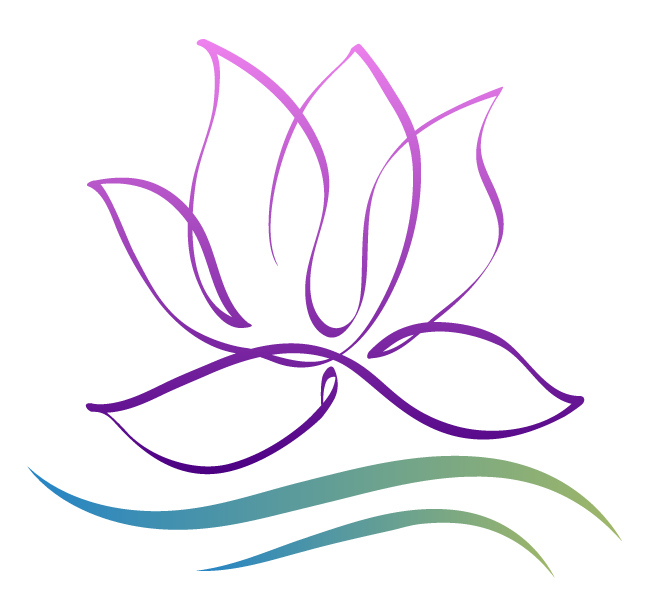
Acupuncture
Chinese Herbal Medicine
To an acupuncturist, illness is seen as a disharmony of life energy (qi). This energy circulates through the internal organs and in pathways (meridians) throughout the whole body.
Disease manifests when qi becomes weakened to such an extent that it can no longer heal. This weakness is revealed as imbalance in the meridians and located points along them at which the qi is accessible from the body’s surface.
Modern science has been able to measure electrical charges at this point, thus corroborating the locations mapped by the ancients. By manipulation of fine needles inserted into acupuncture points, the practitioner adjusts imbalances and alleviates pain.
Any health problem, disease or illness may be treated with acupuncture.
In some cases where the qi has deteriorated too far to affect a cure, the disease can still be arrested and pain alleviated so that the patient can lead a reasonably normal life.
Although there are acupuncture techniques for the healing of all conditions, some health issues are dealt with more rapidly by Western medicine or they may respond better to a combination of approaches. In such cases, your acupuncturist will recommend that you contact a physician.